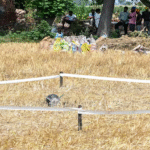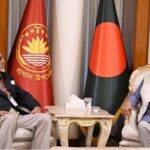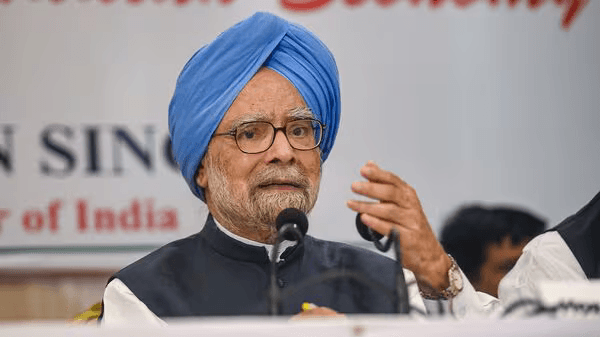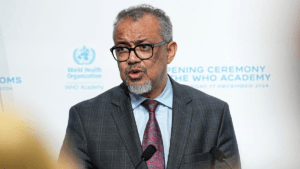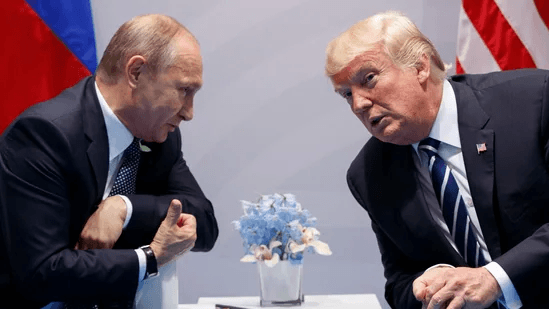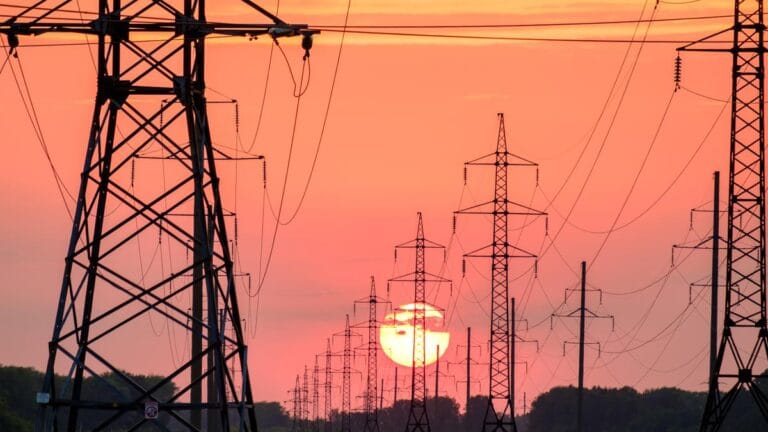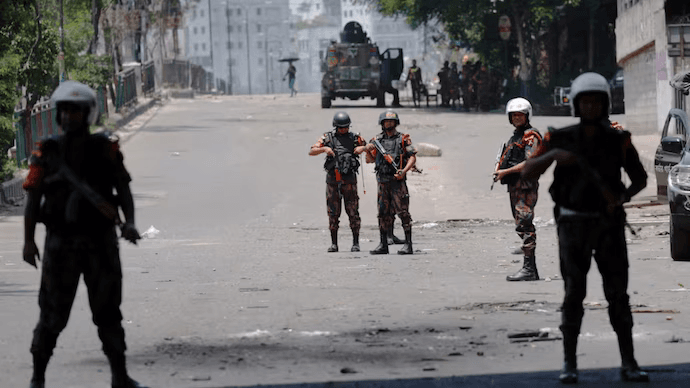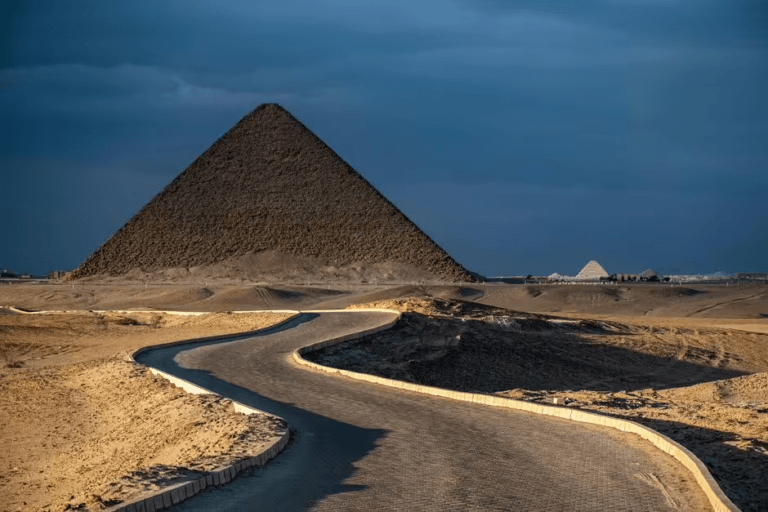New Delhi, December 26, 2024.
Former Prime Minister Manmohan Singh, a towering figure in Indian politics and economics, passed away today at the age of 92. Singh breathed his last at the All India Institute of Medical Sciences (AIIMS), Delhi, where he was admitted earlier this week due to health complications. The news of his demise has left the nation mourning the loss of a leader whose intellectual acumen and humility shaped modern India.
Dr. Manmohan Singh served as the 13th Prime Minister of India from 2004 to 2014, becoming the first Sikh to hold the position. Widely regarded as the architect of India’s economic liberalization, Singh’s legacy spans across decades of public service, during which he played a pivotal role in steering India toward economic growth and global recognition.
A Life of Achievement
Former Prime Minister Manmohan Singh, Born on September 26, 1932, in Gah, a village in Punjab, British India (now in Pakistan), Manmohan Singh’s journey from humble beginnings to the highest office in the land is an inspiring tale of perseverance and brilliance. Orphaned at an early age, Singh excelled in academics, earning degrees from Panjab University, Cambridge University, and Oxford University.
He began his career as an academician and economist, later joining the civil service. Singh’s contributions to India’s financial policies gained prominence when he served as the Governor of the Reserve Bank of India (1982-1985) and later as the Deputy Chairman of the Planning Commission.
However, his most transformative role came in 1991 when he was appointed as the Finance Minister in Prime Minister P.V. Narasimha Rao’s cabinet. Faced with a dire economic crisis, Singh unveiled a series of bold economic reforms that liberalized India’s economy, dismantling decades of socialist controls. These reforms laid the foundation for India’s emergence as a global economic powerhouse.
The Prime Ministerial Years: 2004-2014
Manmohan Singh’s tenure as Prime Minister marked a period of substantial economic growth and social development. Under his leadership, India witnessed an average GDP growth rate of over 7%, making it one of the fastest-growing economies in the world. His government launched landmark social welfare programs, including the Mahatma Gandhi National Rural Employment Guarantee Act (MGNREGA) and the Right to Information Act.
Despite his soft-spoken demeanor, Singh’s leadership faced numerous challenges, including the 2008 global financial crisis, tensions with neighboring countries, and domestic political controversies. Critics often labeled him as a “silent” leader, but his admirers viewed his reticence as a mark of wisdom and dignity.
Health Complications and Final Days
In recent years, Singh’s health had been a concern. He underwent multiple surgeries, including a bypass surgery in 2009, and was hospitalized several times. On December 22, 2024, Singh was admitted to AIIMS after his health deteriorated. Despite the best efforts of medical professionals, Singh passed away in the early hours of December 26, surrounded by his family.
Tributes Pour In
Leaders from across the political spectrum have expressed their condolences, highlighting Singh’s contributions to India’s progress. President Droupadi Murmu described him as “a beacon of integrity and intellect who left an indelible mark on India’s history.” Prime Minister Narendra Modi paid tribute, stating, “Dr. Manmohan Singh’s contributions to India’s economic and political landscape will be remembered for generations.”
Former Congress President Rahul Gandhi called Singh a “guiding light” for the party and the nation. “His leadership during challenging times and his commitment to India’s development are unparalleled,” Gandhi said.
International leaders, including US President Joe Biden and UK Prime Minister Rishi Sunak, also extended their condolences, acknowledging Singh’s role in strengthening India’s global ties.
Legacy and Lasting Impact
Manmohan Singh’s legacy is one of intellect, humility, and service. As an economist, he redefined India’s trajectory by opening its economy to the world. As a Prime Minister, he balanced economic growth with social welfare, leaving a blueprint for future leaders.
Beyond politics, Singh was known for his modest lifestyle and unwavering principles. Despite holding some of the most powerful positions in the country, he remained deeply grounded, often attributing his success to his mentors and colleagues.
A Nation in Mourning
As the nation bids farewell to one of its most respected statesmen, arrangements are being made for Singh’s state funeral, which will be held tomorrow in Delhi. The government has declared a two-day national mourning period, during which flags will fly at half-mast across the country.
In his autobiography, Singh once wrote, “I am not afraid of the future, for I believe in the resilience of India and its people.” These words resonate today as the nation reflects on his remarkable life and enduring legacy.
Dr. Manmohan Singh’s contributions to India’s economic and political landscape will continue to inspire generations. As the world mourns his loss, India stands united in remembering a leader who dedicated his life to the service of the nation.
Also Read-1. Pakistan’s Second Airstrike on Afghanistan’s Paktika Province in 2024 Kills 46, Mostly Women and Children
2. 14 Syrian Policemen Killed in Ambush by Pro-Assad Loyalists: A Nation in Turmoil
Reference- To know More Click Here.



